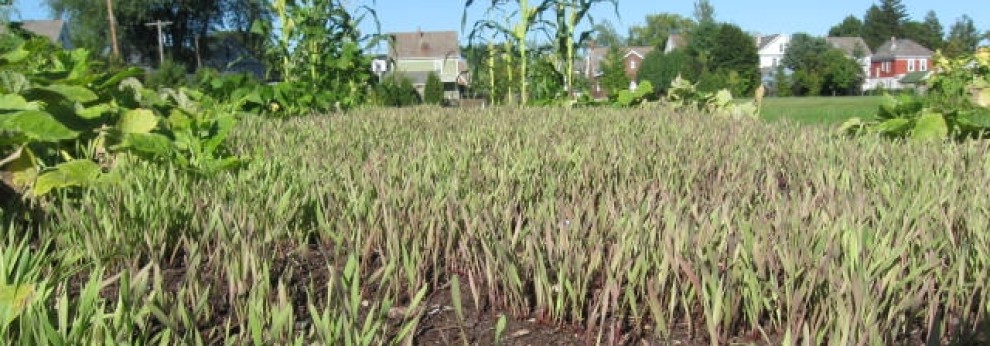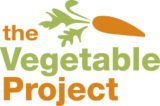The Vegetable Project wants to do much more at Myers Middle School than just dig in the dirt with kids. In fact, we propose building an outdoor classroom at the school to support a whole new dimension to teaching and learning.
The possibilities for such a development include amenities like these:
- A shaded seating area.
- A greenhouse.
- Handicapped accessibility.
- Vegetable garden beds.
- Fruit trees.
- Food preparation facilities.
- Native plants.
- Wildlife habitat.
We would like to tell you all about our thinking and planning that we have done thus far. We would like to show you a rendering of our initial ideas by Albany landscape designer Jason Schultz. Please join us if you can on Sunday, March 19, from 4 to 5:30 p.m., at the home of Julia Farrant, 38 Brookline Avenue in Albany, for food, friends and conversation.
Can’t make this gathering? Stay tuned. We’ll organize additional opportunities to learn about this exciting project.
–Bill Stoneman
 Amid considerable and never-ending worry about how little of academia’s teaching seems to sink in, it just might be worth trading some of the enormous breadth of information that we shovel at students for a bit of depth.
Amid considerable and never-ending worry about how little of academia’s teaching seems to sink in, it just might be worth trading some of the enormous breadth of information that we shovel at students for a bit of depth.







 learning in our afterschool Garden Club, in classrooms, with high school students working at summer jobs and more. We have gotten some of our produce out into the community, on the shelves of the Honest Weight Food Co-op and Cardona’s Market.
learning in our afterschool Garden Club, in classrooms, with high school students working at summer jobs and more. We have gotten some of our produce out into the community, on the shelves of the Honest Weight Food Co-op and Cardona’s Market.
